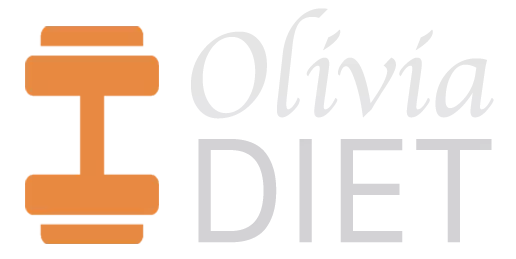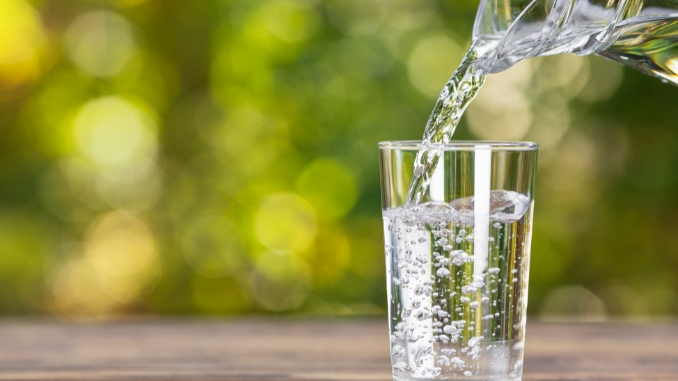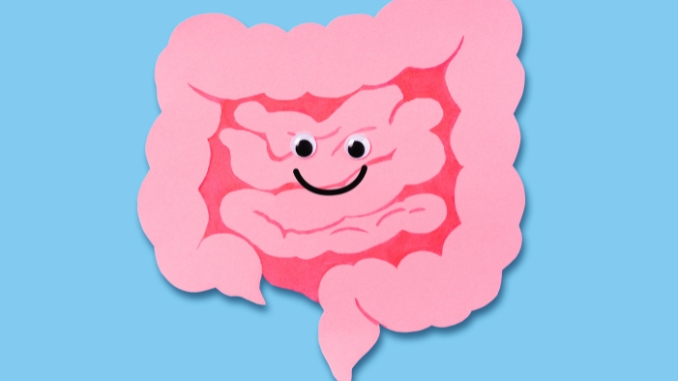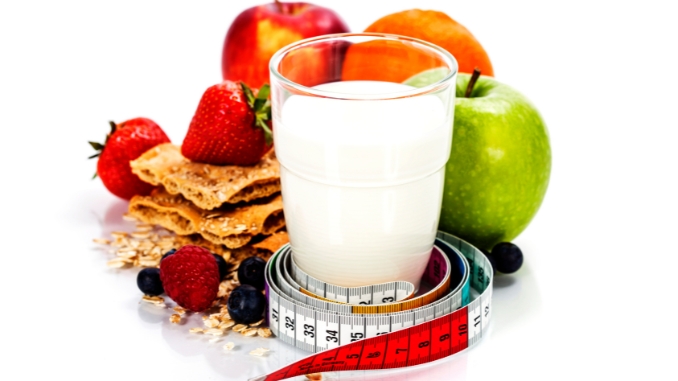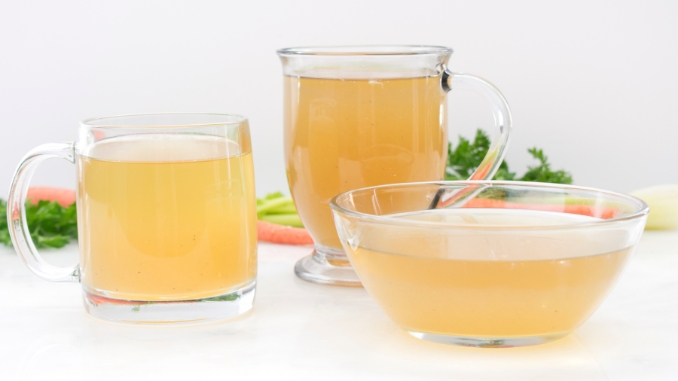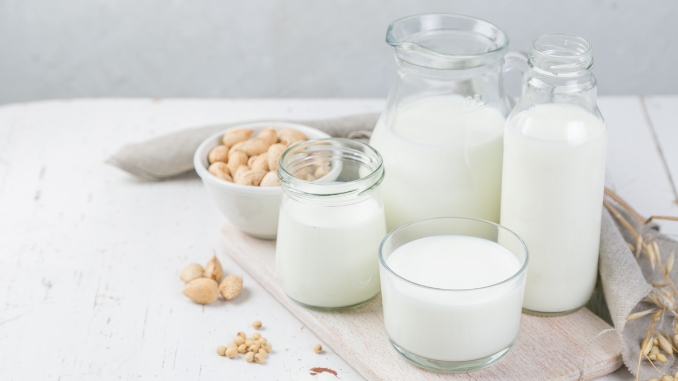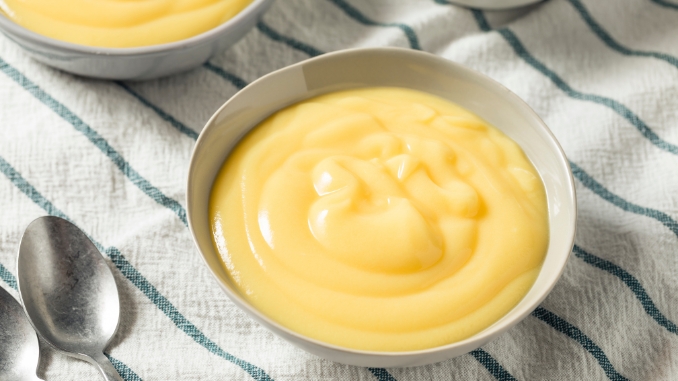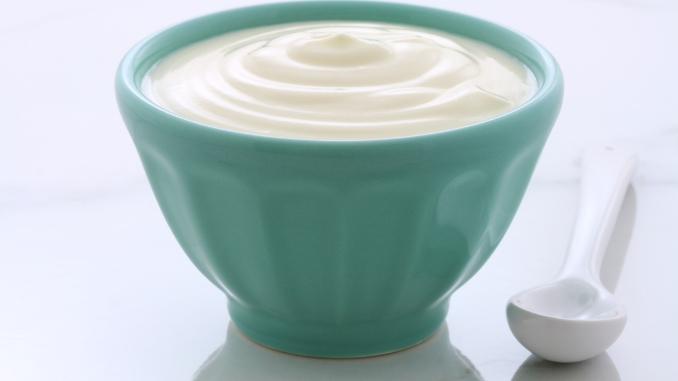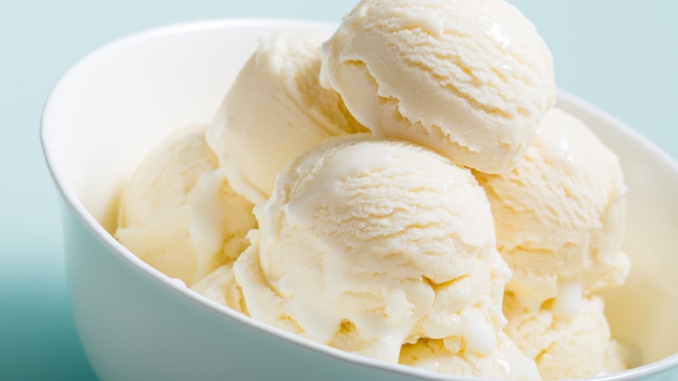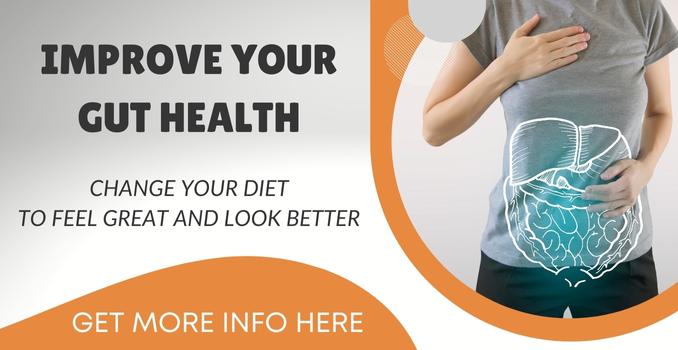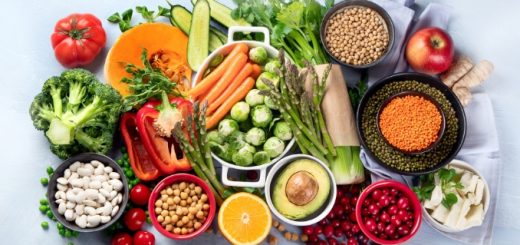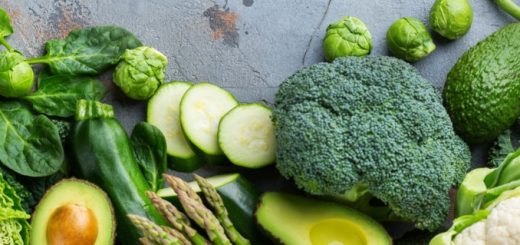What’s About Full Liquid Diet?
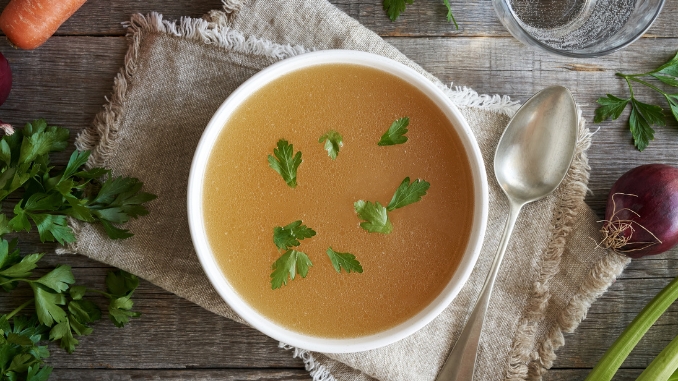
Last updated on April 11th, 2025 at 05:19 pm
The concept of a full liquid diet often circulates in society as a temporary and medically prescribed approach. However, misconceptions persist, with some mistakenly viewing it as a weight-loss strategy rather than a targeted solution for medical conditions.
It is essential to recognize that while a full liquid diet provides benefits in specific medical contexts, it is not a sustainable weight-loss method. Addressing these misconceptions fosters a more informed and supportive societal perspective, promoting accurate information about its purpose, benefits, and limitations.
The Full Liquid Diet
A full-liquid diet is a specialized eating plan that involves consuming only liquids or foods that turn liquid at room temperature. This diet is often recommended for medical bases, such as before certain medical procedures or surgeries, or for individuals with specific health conditions requiring a gentler digestion approach.
The primary purpose is to provide essential nutrients while minimizing stress on the digestive system. Patients may be instructed to follow a full liquid diet before a colonoscopy or other diagnostic tests to ensure a clear view of the digestive system. Additionally, individuals undergoing certain surgeries, such as jaw surgery, may be placed on a temporary full-liquid diet during the initial stages of recovery. Following this diet under healthcare professionals' guidance is crucial for optimal results.
Full Liquid Diet Benefits
1. Easier Digestion
A full liquid diet's advantage in digestion lies in its reduced demand on the digestive system. With foods in liquid form, the stomach and intestines encounter less resistance during the digestive process. This is particularly valuable for individuals with conditions like Crohn's disease, irritable bowel syndrome (IBS), or post-surgical recovery, where a gentler approach to digestion is essential for comfort and healing.
2. Nutrient Absorption
Liquid diets enhance nutrient absorption by presenting essential elements in a pre-digested form. This is especially beneficial for those with compromised digestive function, such as individuals with malabsorption disorders or those recovering from gastrointestinal surgeries. It ensures that the body receives vital vitamins and minerals even when normal absorption may be impaired by providing nutrients in an easily absorbable state.
3. Hydration
Many liquids included in a full liquid diet contribute not only to nutrient intake but also to hydration. Broths, clear juices, and liquid supplements contribute to maintaining good fluid balance, which is crucial for overall health. Adequate hydration supports various bodily functions, including circulation, temperature regulation, and toxin elimination.
4. Weight Management
In specific medical scenarios, a full liquid diet may be recommended for weight management. This controlled approach allows healthcare providers to regulate caloric intake while ensuring adequate nutrition. This can be particularly useful when individuals need to lose weight and their nutritional status must be closely monitored, such as in obesity management, pre-surgical weight loss programs, or metabolic disorders.
5. Improved Digestive Rest
Beyond its contribution to easy digestion, it provides digestive rest. Solid foods often require more energy and time to break down in the digestive system. By temporarily removing this burden, the digestive organs can focus on healing and recovery, particularly after surgeries, gastrointestinal procedures, or during flare-ups of digestive conditions.
6. Temporary Dietary Reset
The temporary nature of a full liquid diet allows individuals to reevaluate their dietary habits. It can be a reset button, fostering awareness of portion sizes, food choices, and eating patterns. This insight can be instrumental in making sustainable, positive changes to one's overall diet and lifestyle.
Who Can Undergo a Full Liquid diet?
Starting a full-liquid diet is often a medically guided dietary path, focusing on consuming liquid foods or near-liquids for health reasons. Here are various circumstances prompting individuals to adopt a full-liquid diet:
1. Gastrointestinal Procedures Preparation
Individuals scheduled for procedures like colonoscopies or endoscopies may be instructed to undergo a full liquid diet to ensure a clear visualization of the digestive tract.
2. Post-Oral Surgery or Jaw Procedures
Following oral surgeries or jaw procedures, individuals may be prescribed a full liquid diet to facilitate healing and avoid putting stress on the treated areas.
3. Gastrointestinal Disorders Management
Those experiencing flare-ups of inflammatory bowel diseases (IBD) like Crohn's disease or ulcerative colitis may benefit from a full liquid diet to provide rest to the digestive system.
4. Dental Surgery or Tooth Extractions
Individuals undergoing dental surgery or multiple tooth extractions may be advised to follow a full liquid diet during the initial stages of recovery, especially when they can't eat solid foods comfortably. This temporary dietary modification ensures that patients receive essential nutrients while minimizing discomfort and promoting optimal healing after oral procedures.
5. Pre- and Post-Bariatric Surgery
Before and after weight loss surgeries, individuals may follow a full liquid diet to manage caloric intake, promote weight loss, and support the healing process.
6. Critical Care or Hospitalization
Patients in intensive care settings or those unable to tolerate solid food due to critical illness may be placed on a full liquid diet to provide essential nutrition.
7. Transitioning to a Normal Diet
After certain medical procedures or conditions, individuals may gradually transition from a full liquid diet, followed by a soft diet, and back to a normal diet as their tolerance for solid foods improves. This phased approach ensures a smooth reintroduction of solid foods and helps prevent any digestive discomfort during recovery.
8. Malabsorption Disorders, Cancer Treatment Support, and Post-Recovery Transition
Individuals grappling with malabsorption disorders like celiac disease or undergoing cancer treatments, such as radiation or chemotherapy, often find support in a full liquid diet. Additionally, for those recovering from illnesses or surgeries, a temporary shift to a liquid diet aids in gradually reintroducing solid foods, facilitating a smoother return to normal eating.
9. Digestive Rest and Healing
A liquid diet may be recommended for cases where the digestive system requires rest, such as post-surgery or during acute phases of gastrointestinal conditions.
What’s on a Full Liquid Diet?
1. Clear Liquids
A full-liquid diet includes foods that are easily digestible and leave little residue in the digestive tract.
-
- Clear broth (chicken, beef, or vegetable)
- Clear fruit juices without pulp (apple juice, grape juice)
- Clear sodas
- Clear sports drinks
- Liquid nutritional supplements
- Vegetable juices
2. Dairy and Alternatives
Dairy and alternatives offer a source of protein and essential nutrients. Opt for options that are smooth and without solid pieces.
-
- Milk (whole, 2%, skim, or lactose-free)
- Nonfat dry milk
- Yogurt (without fruit chunks)
- Buttermilk
- Fortified plant-based milk (soy, almond, rice milk)
3. Pureed Fruits
Pureed foods like fruits and some fiber add sweetness to the diet while maintaining a smooth texture. They are easily blended into smoothies.
-
- Applesauce
- Pureed bananas
- Pureed peaches or pears
- Baby food
- Refined cereals
4. Puddings and Custards
Puddings and custards offer a creamy texture and are easy to swallow. Choose soft foods without solid chunks for a smoother consistency.
-
- Plain or vanilla pudding (without chunks)
- Custard
5. Smoothies
Smoothies provide a mix of nutrients and hydration. They can be customized with ingredients like yogurt, milk, and fruits without seeds or skin.
-
- Blended beverages with yogurt, milk, or fruit juices
- Avoid fruits with seeds or tough skins
6. Soups
Opt for the smooth, strained, or broth-based varieties. They not only warm you up but can also be a secret weapon for weight loss. Skip the chunky versions and savor a light, nourishing meal to support those wellness goals of yours!
-
- Clear and strained soups (without chunks, meats, or meat substitutes)
- Strained cream soups
- Pureed soups without solid pieces
- Broth-based soups
7. Gelatin
Gelatin is a light and easily digestible option that provides a sweet taste without solid components.
-
- Sugar-free gelatin (Jell-O)
- Avoid gelatin with fruit pieces
8. Ice Cream and Sorbet
Ice cream and sorbet can be a source of calories and a pleasant treat on a liquid diet. Eat foods without nuts or fruit chunks.
-
- Vanilla or other soft flavors
- Sorbet without fruit chunks
- Frozen yogurt
Distinguishing Full-Liquid and Clear Liquid Diets
The key distinction between a full liquid diet and a clear liquid diet lies in the comprehensiveness of permitted foods. A clear liquid diet allows only transparent, easily digestible liquids like broths, clear juices, and gelatin. In contrast, a full-liquid diet expands the spectrum to include liquids and foods that turn liquid at room temperature, incorporating smooth soups, milk, and yogurt. While both serve specific medical purposes, this diet provides a more varied nutritional intake compared to the more restrictive nature of a clear liquid diet.
Can a Full Liquid Diet Cause Diarrhea?
In some cases, full-liquid diets may lead to diarrhea, especially if they lack proper balance and fiber. The absence of solid foods and fiber can contribute to changes in bowel movements. It's crucial to carefully plan and monitor the nutritional content, ensuring it includes essential nutrients. It doesn't overly rely on ingredients that may trigger digestive issues. Individuals considering or undergoing this diet should consult with healthcare professionals to tailor it to their needs and mitigate potential side effects like diarrhea.
Conclusion
The exploration of a full liquid diet reveals its versatility in addressing various medical needs, from preparing for procedures to supporting recovery from illness or surgery. While offering benefits such as easy digestion and nutrient absorption, careful consideration is essential to avoid potential challenges like diarrhea.
Understanding the nuanced contexts, benefits, and precautions associated with this kind of diet is vital, underscoring the importance of individualized guidance from healthcare professionals for a safe and effective dietary journey.
Get instant access to the downloadable program today and improve your digestive health naturally, safely and quickly! Check out now this 14-Day Digestive Health Quick Start Program!
Rick Kaselj MS, is a leading kinesiologist and injury specialist as well as co-creator of the best-selling Unlock Your Hip Flexors program. Rick creates exercise programs that help people heal injuries and eliminate pain, so they can go back to living a full, active, healthy life.
